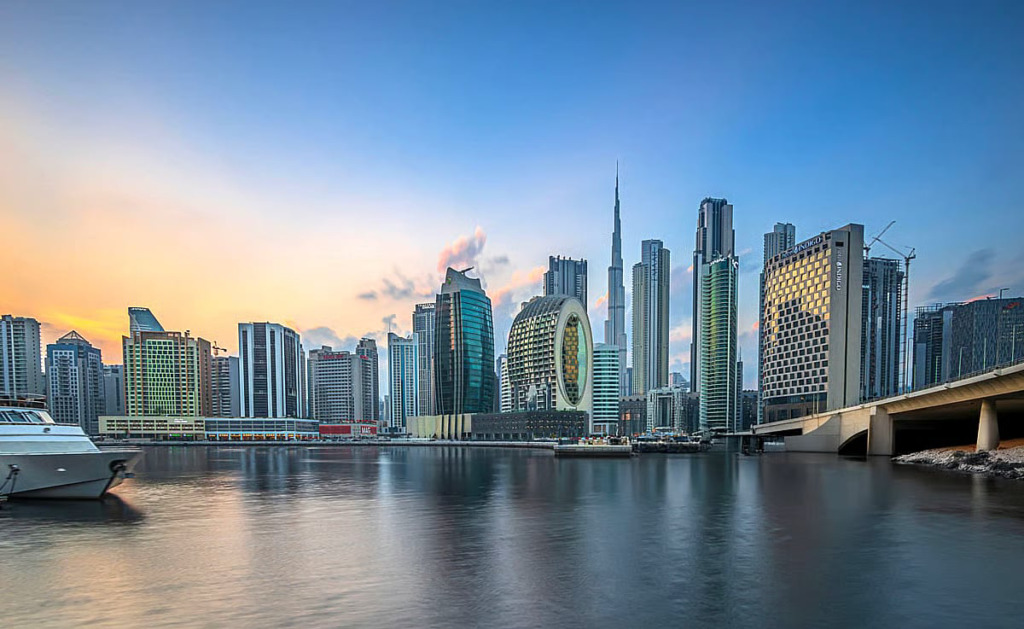More than 40% of UAE homebuyers believe property prices will decline by mid-2025.
This finding, from a recent Property Finder survey, indicates a shift in market sentiment as both buyers and investors anticipate a cooling period after years of strong growth.
The UAE housing market, especially in Dubai, has experienced remarkable appreciation since the pandemic. However, with new supply on the horizon and affordability concerns rising, the market appears to be entering a new phase—one defined by caution, data-driven decisions, and realistic pricing.
Let’s break down what the numbers are telling us and what it could mean for buyers and sellers moving forward.
Survey Reveals Changing Buyer Sentiment in the UAE
A May 2025 Property Finder survey revealed that 44% of UAE property seekers expect prices to drop by June 2025.
In contrast, 30% predict price growth, while 26% believe prices will remain stable.
Back in May 2024, the market was more divided:
- 37% expected a decline
- 34% forecasted growth
- 29% assumed stability
This year-on-year shift shows a growing consensus toward price moderation.
It signals a market entering a more mature phase, where decisions are less driven by hype and more rooted in market fundamentals and affordability.
2024 vs 2025: Shifting Market Expectations
Buyers in 2025 are displaying greater caution.
A year ago, optimism was higher, but rising interest rates, affordability constraints, and increased housing stock are starting to weigh on sentiment.

With uncertainty looming over global economies and inflationary pressures in check, many UAE buyers are preparing for a more balanced market ahead.
What Is PF Market Pulse?
Property Finder’s new PF Market Pulse is a bi-monthly survey that measures consumer confidence and sentiment across the UAE.
It gathers real-time feedback from active buyers and sellers, offering insight into behavior shifts before they materialize in the market data.
Four-Year Price Surge Nears Stabilization
From 2021 to 2024, Dubai’s property prices surged with double-digit annual growth.
Such momentum is unsustainable in the long term.
Industry analysts now expect a natural correction phase, where prices moderate and demand levels out.
This doesn’t indicate a crash but a necessary stabilization.
Supply Growth Outpacing Demand
According to CBRE, Dubai expects 300,000 new residential units by 2029, averaging 60,000 per year.
This influx will widen buyer choices and reduce the urgency that fueled past bidding wars.
As supply climbs, the market is likely to witness more stable price movements across both luxury and mid-tier segments.
Buyer Activity Remains Strong Despite Concerns
Interestingly, 72% of buyers still plan to purchase within the next 6 months.
This reflects confidence in long-term value despite short-term uncertainty.
Buyers are more data-aware and budget-conscious, which could support healthier transaction patterns.
Latest Market Trends from Dubai’s Property Sector
Real-time data from ValuStrat highlights a cooling trend in property price growth, especially compared to 2024 levels.
Apartment and Villa Price Growth Slowing
- Apartment prices rose 19.1% YoY—lower than the 23.4% seen in 2024
- Villa prices increased 28.7% YoY, down from 33.4% last year
The deceleration indicates market normalization, aligning with global real estate trends post-pandemic.
Rent Growth Shows Signs of Cooling
Rental price increases are also losing steam:
- Villa rents rose 4.8% annually
- Apartment rents climbed 7.2%
This slowdown offers relief for tenants and supports the case for pricing stability.
Expert Take: What’s Next for UAE Real Estate in 2025?
The market appears to be entering a more predictable and sustainable phase.
With more informed buyers and an expanding housing supply, the days of unchecked price surges may be over—for now.
A More Balanced, Informed Market Ahead
Sevgi Gur, CMO at Property Finder, noted that buyers are responding to real data rather than emotions.
This trend may result in fewer speculative purchases and more value-driven transactions.
If current trends hold, 2025 could mark the beginning of a more balanced real estate cycle—benefiting both buyers and long-term investors.




